 Tell us about yourself and how many books you have written.
Tell us about yourself and how many books you have written.
Whilst I’ve written a number of plays, Afterlife is my début Young Adult novel! Exciting times!
What is the name of your latest book and what inspired it?
Would you believe the concept for Afterlife came to me in a dream?! I’m sorry I know that’s a cliché. Two of the main characters Eve and Peter turned up in my subconscious so clearly and the rest of the story grew around them. Although, the fascist Christian society they come from was inspired by the anti-Islam rhetoric going around. It’s a little reminder that any organised religion can be used by a few people for evil purposes.
Do you have any unusual writing habits?
Actually I do! I like writing on the tube (that’s the Subway or the Metro or the Underground) during my commute. I get so wrapped up in what I’m doing that I’ve missed my stop a couple of times! It does make the journey more enjoyable though.
What authors, or books have influenced you?
I always have a book on the go so have been inspired by more writers than I could possibly list – The biggies in the lead up to writing ‘Afterlife’ were Philip Pullman and his amazing ‘His Dark Materials’ trilogy. Suzanne Collins and the deservedly popular Hunger Games series and Stephen King’s relentlessly tense ‘Under the Dome.’ If you need something else to read I heartily recommend any of those.
What are you working on now?
Number two in my trilogy which I am VERY excited about, but also a little sad, I’m getting very attached to my characters…
What is your best method or website when it comes to promoting your books?
Facebook is actually great, my friends and family have been very supportive and shared my posts and the boost option to a targeted audience seems to really work.
Do you have any advice for new authors?
Never surrender! That’s a tad dramatic – what I mean is – go out and make it happen. If I’d sat around waiting for someone to pick up Afterlife would have never been released.
What is the best advice you have ever heard?
The chances of your book being picked out of the slush pile are 0.08%. Do it yourself.
What are you reading now?
I am currently re-reading ‘Life after life’ by Kate Atkinson, which I loved the first time round. It’s great, it has a very imaginative and ambitious structure and a great plot, can’t recommend it highly enough.
What’s next for you as a writer?
Continuing with the sequel and maybe getting a couple of short stories out to keep the Afterlife momentum going.
If you were going to be stranded on a desert island and allowed to take 3 or 4 books with you what books would you bring?
I would take ‘Good Omens’ by Terry Pratchett and Neil Gaiman, ‘The Hunger Games’ and ‘Catching Fire’ by Suzanne Collins and ‘Bitten’ by Kelley Armstrong. They’re all books I could just read over and over and over…
Author Websites and Profiles
Helen Comerford Website
Helen Comerford Amazon Profile
Helen Comerford’s Social Media Links
Goodreads Profile
Facebook Profile
Twitter Account
 Tell us about yourself and how many books you have written.
Tell us about yourself and how many books you have written. Tell us about yourself and how many books you have written.
Tell us about yourself and how many books you have written. Tell us about yourself and how many books you have written.
Tell us about yourself and how many books you have written. Tell us about yourself and how many books you have written.
Tell us about yourself and how many books you have written. Tell us about yourself and how many books you have written.
Tell us about yourself and how many books you have written.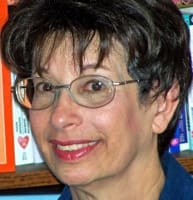 Tell us about yourself and how many books you have written.
Tell us about yourself and how many books you have written.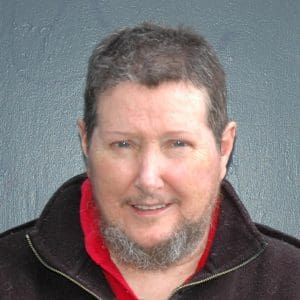 Tell us about yourself and how many books you have written.
Tell us about yourself and how many books you have written. Tell us about yourself and how many books you have written.
Tell us about yourself and how many books you have written. Tell us about yourself and how many books you have written.
Tell us about yourself and how many books you have written. Tell us about yourself and how many books you have written.
Tell us about yourself and how many books you have written.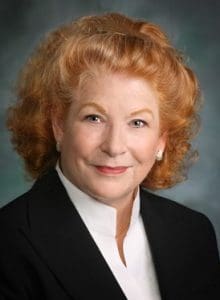 Tell us about yourself and how many books you have written.
Tell us about yourself and how many books you have written. Tell us about yourself and how many books you have written.
Tell us about yourself and how many books you have written.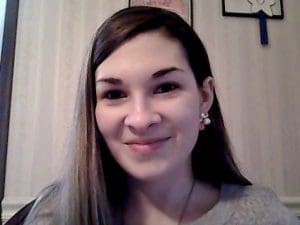 Tell us about yourself and how many books you have written.
Tell us about yourself and how many books you have written. Tell us about yourself and how many books you have written.
Tell us about yourself and how many books you have written.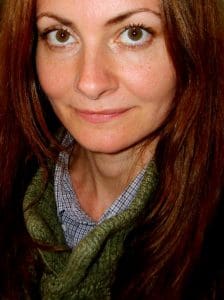 Tell us about yourself and how many books you have written.
Tell us about yourself and how many books you have written. Tell us about yourself and how many books you have written.
Tell us about yourself and how many books you have written. Tell us about yourself and how many books you have written.
Tell us about yourself and how many books you have written. Tell us about yourself and how many books you have written.
Tell us about yourself and how many books you have written.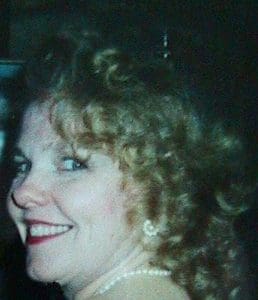 Tell us about yourself and how many books you have written.
Tell us about yourself and how many books you have written.